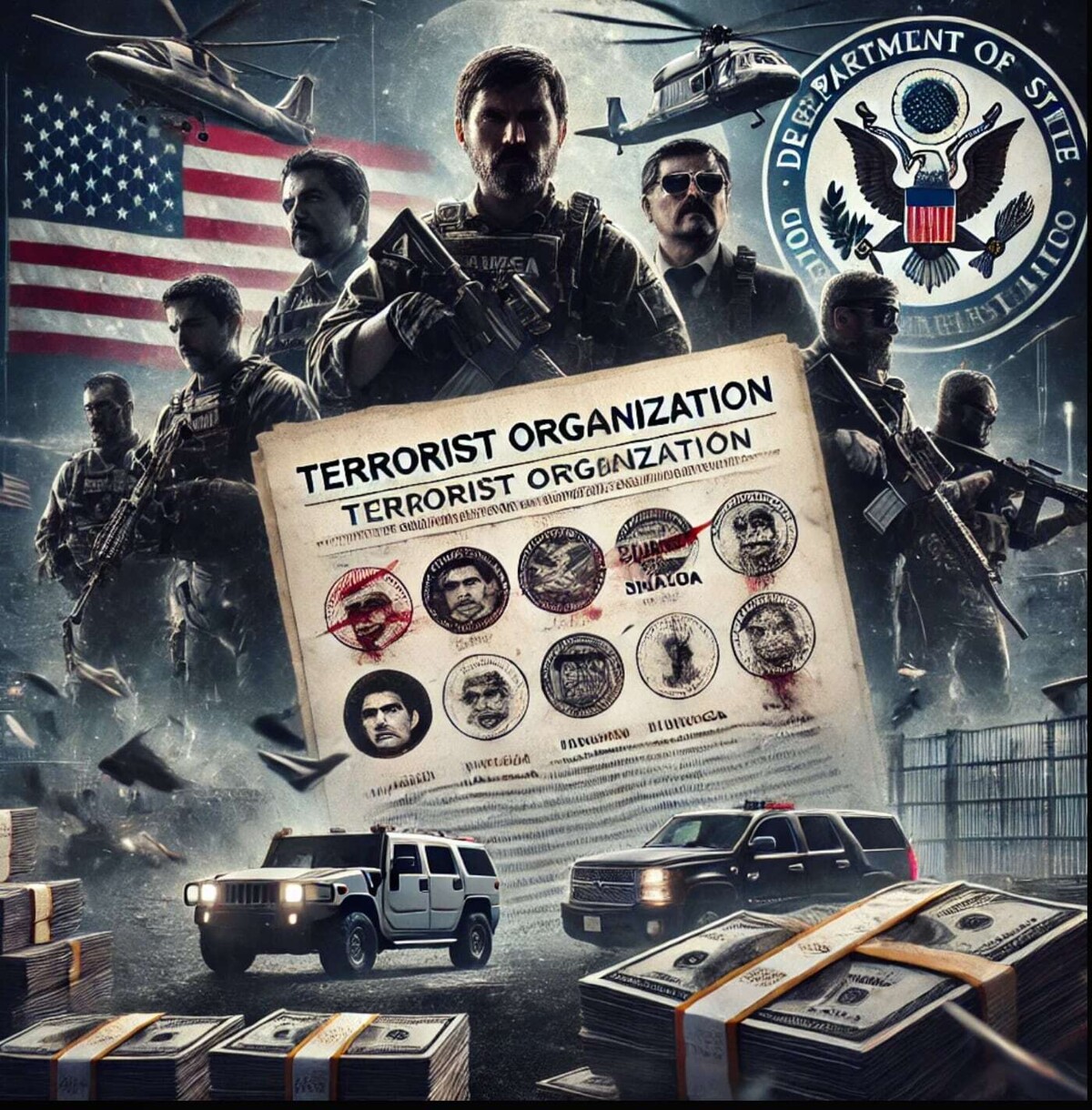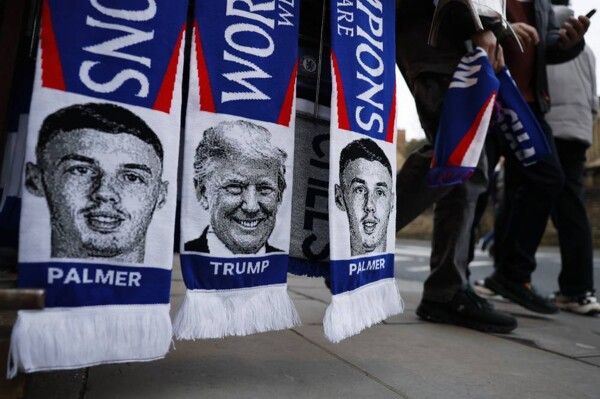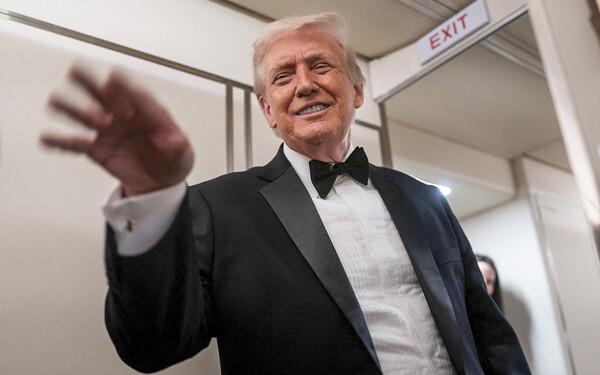
The U.S. State Department has identified six drug cartels in Mexico as foreign terrorist organizations. This action allows for the application of various punitive measures, such as economic sanctions and potential direct and indirect military interventions against these groups and their collaborators.
Among the main consequences of this designation are the following restrictive measures:
- Freezing of financial assets in the U.S. banking system. - Restrictions on operating in the global financial system due to the adherence of many international banks to U.S. sanctions. - Prohibition of financial and material support from U.S. citizens or entities. - Possible secondary sanctions for foreign companies and individuals collaborating with the cartels. - Limitations on visas and immigration, preventing the legal entry into the U.S. of members and associates of the designated organizations. - Arms embargo and sensitive material, prohibiting the export or sale of such products to the cartels and their members. - Possibility for victims of terrorist actions to file lawsuits in U.S. courts against the cartels. - Facilitation in the prosecution of members and collaborators under anti-terrorism laws. - Support for military actions and covert operations by the Department of Defense and intelligence agencies to combat the designated groups.
The decision to classify these drug cartels as foreign terrorist organizations is justified by considering them a threat to the national security of the United States. The activities of these groups endanger the stability of the country and the international order in the western hemisphere.
The organizations affected by this measure are the Sinaloa Cartel, the Northeast Cartel, the Jalisco New Generation Cartel (CJNG), La Familia Michoacana, United Cartels, and the Gulf Cartel. The designation by the United States as FTO or SDGT entails the imposition of economic, financial, and legal sanctions, and may justify direct or indirect interventions in other countries.














